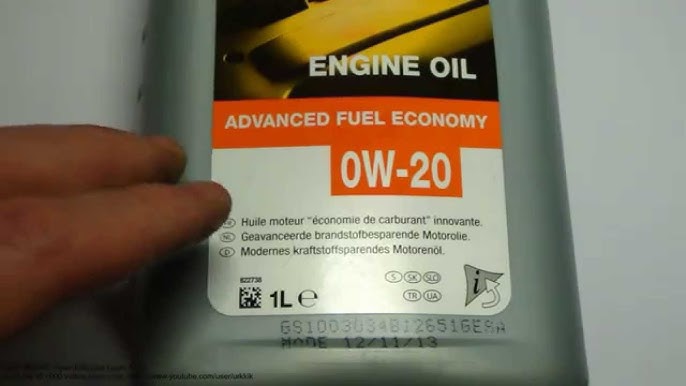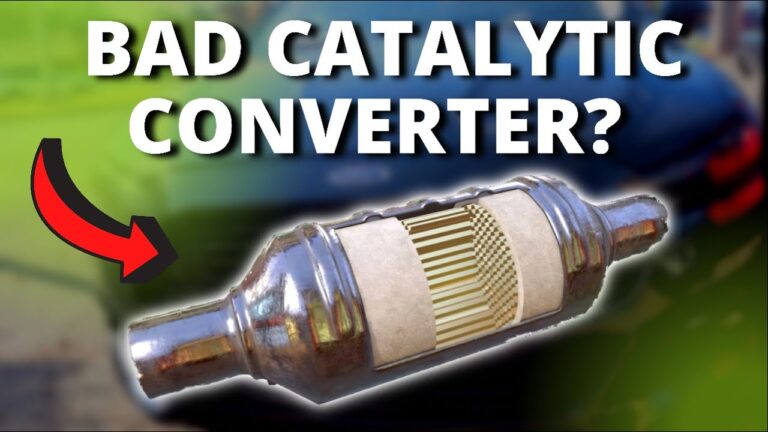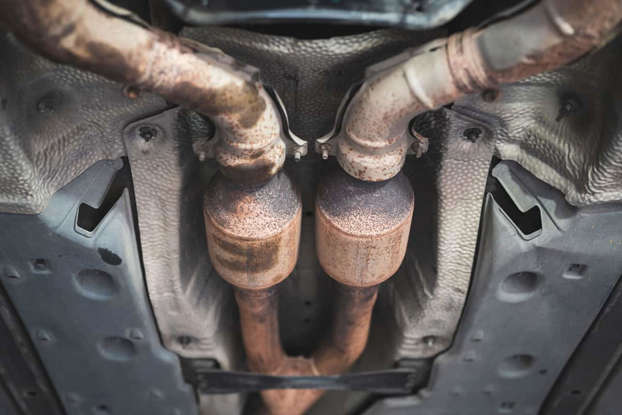Does Engine Oil Have an Expiration Date?

Engine oil is a crucial component for maintaining your vehicle’s engine performance and longevity. However, many people wonder, “Does engine oil have an expiration date?” Understanding how long engine oil lasts, whether stored in your garage or used in your car, is essential for avoiding potential engine damage and ensuring optimal performance.
In this blog post, we’ll explore whether engine oil has an expiration date, what affects its shelf life, and how to determine if it’s still good to use.
Does Engine Oil Expire?
Yes, engine oil has a shelf life and can expire over time, even when unopened. While it doesn’t have a strict expiration date like perishable food, it can degrade and lose its effectiveness due to chemical changes and exposure to environmental factors.
Shelf Life of Engine Oil:
- Unopened Engine Oil: Typically lasts 5–7 years if stored properly in a cool, dry place.
- Opened Engine Oil: Should be used within 1–2 years, as exposure to air can accelerate oxidation and contamination.
Why Does Engine Oil Expire?
Several factors contribute to the expiration of engine oil, including:
1. Oxidation
When exposed to oxygen, engine oil undergoes a chemical reaction called oxidation. This process breaks down the oil’s molecular structure, reducing its ability to lubricate and protect your engine.
2. Additive Breakdown
Modern engine oils contain additives like detergents, dispersants, and anti-wear agents. Over time, these additives deteriorate, causing the oil to lose its performance-enhancing properties.
3. Contamination
Once opened, engine oil can become contaminated with dust, moisture, and other particles, which can affect its performance and shorten its lifespan.
4. Temperature Fluctuations
Extreme temperatures can cause oil to thicken or thin out, impacting its viscosity and overall effectiveness. Proper storage conditions are essential to maintaining its quality.
How to Tell If Engine Oil Has Expired
Using expired engine oil can harm your engine. Here are some signs to look for to determine if the oil has gone bad:
1. Color Change
- Fresh oil is usually amber or light brown.
- Expired oil may appear dark, cloudy, or contain particles.
2. Foul Odor
- Expired oil often develops a burnt or sour smell due to oxidation and chemical breakdown.
3. Thick or Sludgy Consistency
- If the oil feels excessively thick or sticky, it’s likely no longer usable.
4. Separation
- If you notice the oil separating into different layers in the bottle, it’s a clear sign that it has expired.
How to Store Engine Oil Properly
Proper storage can extend the shelf life of your engine oil. Follow these tips to keep it fresh for as long as possible:
1. Keep It Sealed
- Always ensure the bottle is tightly closed to prevent exposure to air and moisture.
2. Store in a Cool, Dry Place
- Avoid direct sunlight and extreme temperatures. The ideal storage temperature is between 40°F and 80°F (4°C to 27°C).
3. Avoid Contamination
- Keep the container clean and free from dirt or debris.
Risks of Using Expired Engine Oil
Using expired oil can lead to several problems, including:
- Reduced Lubrication:
- Expired oil loses its ability to reduce friction, leading to increased wear on engine components.
- Engine Deposits:
- Degraded oil can form sludge or deposits, which can clog your engine and reduce efficiency.
- Corrosion:
- Moisture and degraded additives in expired oil can cause rust and corrosion inside the engine.
- Decreased Engine Performance:
- Using old oil can result in sluggish performance, reduced fuel efficiency, and engine noise.
FAQs About Engine Oil Expiration
1. Does Synthetic Oil Last Longer?
Yes, synthetic oil is more stable and resistant to oxidation, making it last longer than conventional oil. However, it can still degrade over time.
2. Can I Use Oil Past Its Expiration Date?
It’s not recommended to use expired oil, as it may not provide adequate lubrication and protection for your engine. Always check for signs of degradation before using old oil.
3. What Happens If I Use Expired Oil?
Using expired oil can lead to poor engine performance, increased wear and tear, and potential long-term damage.
4. How Long Does Oil Last in the Engine?
Engine oil typically lasts between 3,000 and 7,500 miles, depending on your vehicle, driving habits, and the type of oil used.
5. Does Unopened Oil Go Bad?
Yes, even unopened oil can degrade over time due to chemical changes. Proper storage is key to maximizing its shelf life.
Conclusion
Engine oil does have an expiration date, even if it’s not explicitly labeled on the bottle. While unopened oil can last for several years under proper storage conditions, opened oil should be used within 1–2 years. Always inspect your oil for signs of degradation before using it, as expired oil can negatively impact your engine’s performance and longevity.
By using fresh, high-quality oil and following your vehicle manufacturer’s recommendations, you can ensure your engine remains well-protected and runs smoothly for years to come.






8 Comments